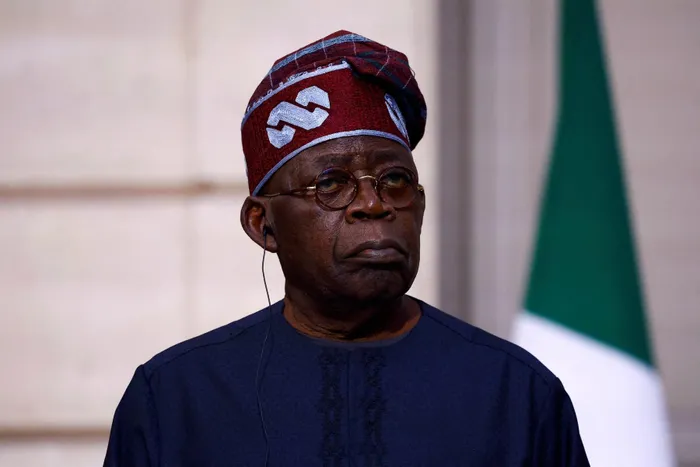Half of Nigeria lives in poverty despite reform, World Bank says

Nigerian president Bola Tinubu.
Image: AFP
Poverty has risen steeply in Nigeria even as Africa’s most-populous country undertakes reforms designed to deliver economic growth, according to a new report from the World Bank.
The number of Nigerians living in poverty is projected to reach 139 million this year from 81 million in 2019, with most of the rise occurring prior to 2023, the bank said in its bi-annual development update on the country released this week.
President Bola Tinubu took office in 2023 and has delivered currency and tax reforms and removed a popular but costly fuel subsidy - moves that drew praises from the bank - but the “gains have yet to substantially improve Nigerians’ livelihoods,” the report said.
“Real incomes continue to erode with rising prices, and businesses face persistent barriers to expansion and job creation,” noted the report, which was presented by World Bank senior economist for Nigeria Samer Matta at an event in Abuja, the capital.
Modest economic growth and inflation around 20% - driven largely by high food prices - have meant that poverty levels are yet to start reversing, despite increased government revenue. Poverty levels in the country of more than 230 million people are projected at 62% next year before starting to decline in 2027.
To turn recent reform gains into direct benefits, the government must reduce food inflation, improve the use of public resources for development, and strengthen the social safety net to support the poor and economically insecure, the report said.
The Bank projects annual real gross domestic product growth in Nigeria to pick up modestly from 4.2% this year to 4.4% in 2027, led by an expansion in services. It sees inflation gradually slowing to 15.8% over the same period. It was 20.1% in August on an annual basis.
BLOOMBERG